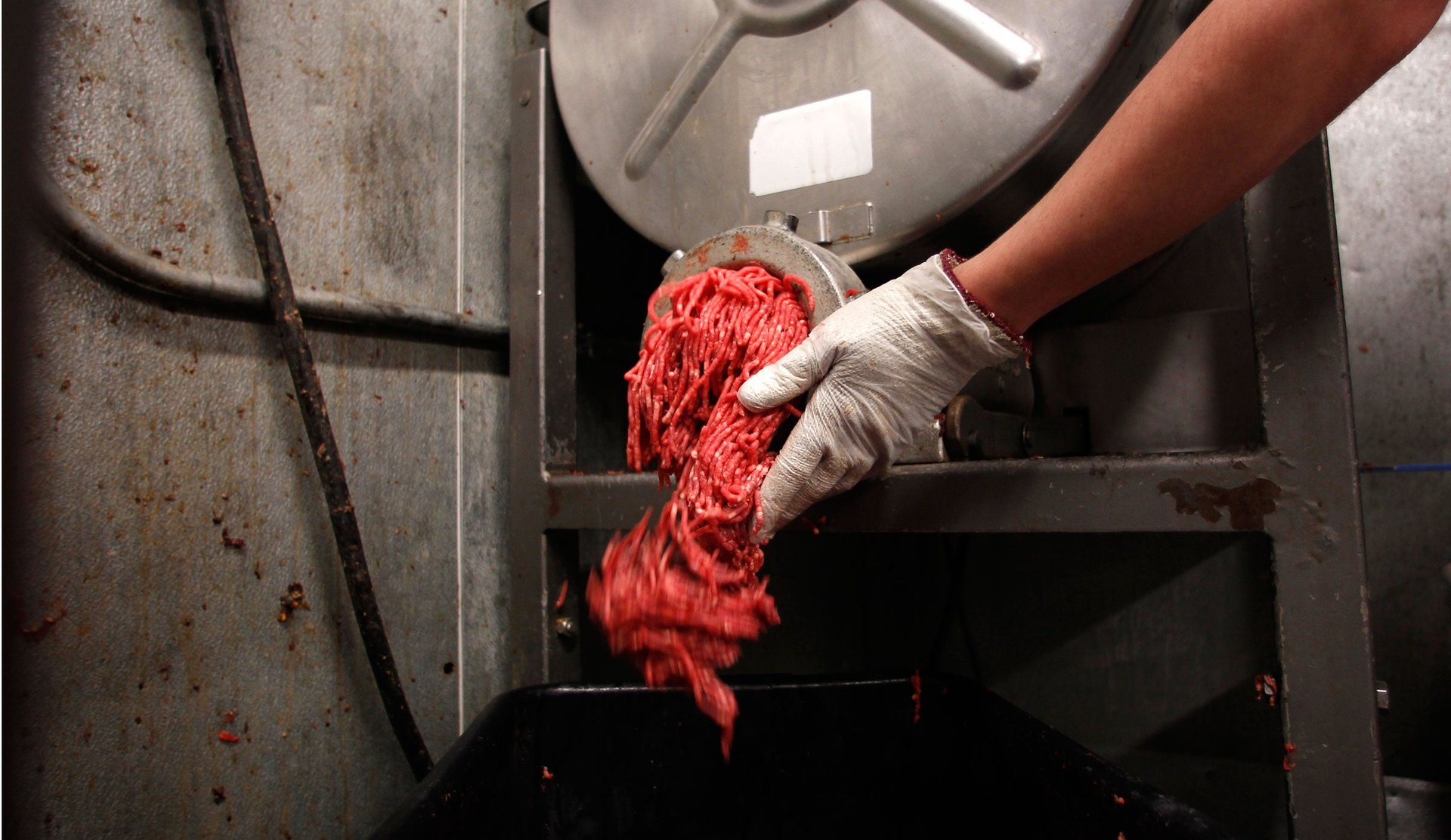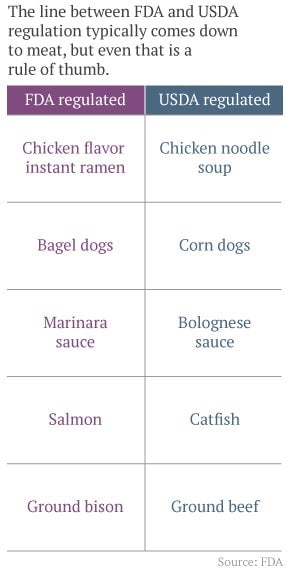Shutdown imperils US sandwich inspections—unless they happen to be open-faced
With much of the US government closed due to a lapse in congressional funding, many of the nation’s food inspectors are off the job. A disproportionate number of the furloughed inspectors work at the Food and Drug Administration—one of the two US government organizations that inspects farms and production facilities—rather than the US Department of Agriculture, where 87% of the food safety staff is still going to work.


With much of the US government closed due to a lapse in congressional funding, many of the nation’s food inspectors are off the job. A disproportionate number of the furloughed inspectors work at the Food and Drug Administration—one of the two US government organizations that inspects farms and production facilities—rather than the US Department of Agriculture, where 87% of the food safety staff is still going to work.
So what’s getting inspected, and what isn’t? The answer is far from straightforward. Each agency is responsible for different foods: the USDA generally covers meat, poultry, and products made with egg, while the FDA covers everything else…kind of. As it turns out, their jurisdictions are divided in a way that seems totally arbitrary in some cases. In others, it’s downright farcical.

Chicken noodle soup is monitored by the USDA but vegetable noodle soup is checked by the FDA, even if both soups are made in the same facility.
Cheese pizza is the FDA’s responsibility, but as soon as you add a meat—say, some pepperoni— the USDA has to make sure it’s safe to eat. (Neither of these agencies are checking out your local pizza parlor or deli; their mandate is to monitor facilities and suppliers along the supply chain, not at the end of it.)
Eggs are one of the most complexly regulated items. The chickens that lay them are monitored by the USDA, as is the facility that they lay them in. The processing plant that washes, sorts, and packages the eggs is regulated by the FDA, and so is the carton that they’re sold in. Once that egg is cracked, the USDA is back in charge whether the contents are dried, frozen, or still in liquid form. That is, unless they are used in eggnog mix, french toast, or egg sandwiches; those items are in FDA territory.
Speaking of sandwiches, open-faced meat-filled sandwiches are kept in check by the USDA whereas closed-face meat-filled sandwiches are handled by the FDA.
A hot dog sandwiched inside a bagel falls under the FDA’s authority. But corn dogs are USDA-regulated.
There are a few situations where the FDA and the USDA actually work together to protect the US food supply, like when illegal drugs are found in a dairy cow (pdf) sold for slaughter in California.
Is the shutdown actually stopping inspections? It’s hard to know. When it comes to domestically-made food, the FDA’s main tasks are to enforce its labeling guidelines and approve the ingredients that are used in the products in the first place. It only inspects factories and farms every few years at best—typically only after a tip or suspicion of wrongdoing. The USDA, on the other hand, makes daily visits to production facilities. So if you had to pick one food safety agency to stay open, the USDA is probably the one you want.